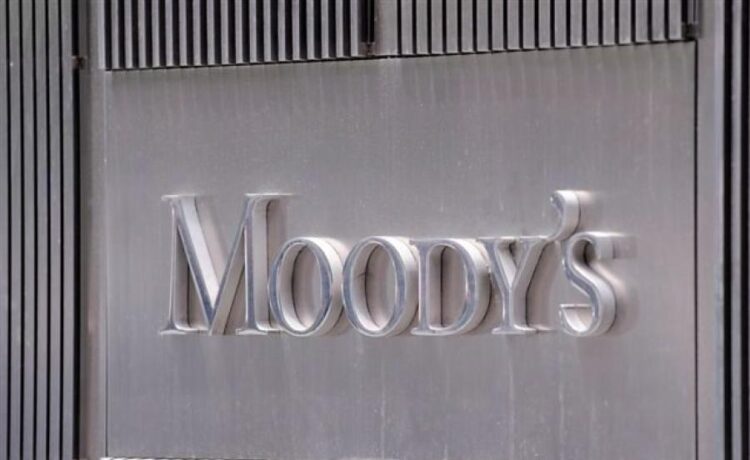Moody’s Ratings has downgraded the local currency long-term issuer rating for the Government of Mozambique from Caa2 to Caa3, while maintaining the foreign-currency long-term issuer rating at Caa2. The downgrade, announced in London on March 28, 2025, is due to the government’s severe liquidity issues, intensified by political and social unrest following the general elections in early October. The outlook, however, remains stable.
The downgrade reflects the government’s struggle to refinance debt and manage fiscal pressures. These challenges have resulted in defaults, including delays in domestic bond repayments and the initiation of domestic debt swap auctions, which Moody’s views as distressed exchanges. The probability of a wider liability management exercise that could impose further losses on private-sector creditors has also increased.
Despite these challenges, the foreign currency ratings have been affirmed based on the expectation that authorities will prioritize eurobond repayments. The costs of foreign currency debt service are manageable until the eurobond matures between 2028 and 2031, giving Mozambique time to develop a repayment strategy. The recommencement of the LNG project or further engagement with the International Monetary Fund (IMF) would be beneficial for the government’s ability to service its foreign currency debt.
Moody’s expects Mozambique to continue facing liquidity challenges and fiscal pressure in the near to medium term. The stable outlook is balanced by potential economic and fiscal gains from the developing LNG sector and progress in governance and fiscal management reforms, assuming the continuation of the IMF program.
Mozambique’s local and foreign-currency ceilings were lowered to Caa1 and Caa2 from B3 and Caa1, respectively. The two-notch gap between the local-currency ceiling and the local currency sovereign rating reflects high political risk, policy unpredictability, and the economy’s reliance on commodity revenue. The one-notch gap between the foreign currency and local currency ceiling reflects elevated external imbalances, a relatively closed capital account, and constrained policy effectiveness.
The government has recently introduced debt swap auctions to manage the maturity profile of its domestic debt. On March 11, the government exchanged a four-year treasury bond maturing that month with five-year bonds at a 14.25% fixed interest rate. While these exchanges are proposed on a voluntary basis, Moody’s considers them distressed and equivalent to a default due to the issuer’s weak creditworthiness and the aim to alleviate liquidity pressures.
The government’s funding requirements are estimated to be around 15-16% of GDP in 2025 and 2026, with funding options remaining highly constrained. Consequently, liability management exercises on domestic debt, such as the recently announced debt swap auctions, will likely continue as a means to manage refinancing needs.
Post-election unrest in 2024 significantly affected growth, causing a revenue shortfall and spending pressure for the government. The fiscal deficit is estimated to have reached about 5.7% in 2024 from 4.1% in 2023. The unrest also led to an increase in food prices and overall inflation, with the Consumer Price Index increasing to 4.7% in February 2025 on a year-on-year basis, up from 2.5% in September 2024.
The Mozambican authorities have taken steps to improve cash-management processes, including a revamping of the debt database, and consolidation of the public accounts into the Treasury Single Account. However, it will take time for the reform efforts to enhance overall policy effectiveness.
The decision to affirm the foreign currency ratings reflects the expectation that authorities will continue to prioritize eurobond repayments despite challenging liquidity conditions. After protracted delays, the TotalEnergies (EPA:TTEF) SE’s project, which was suspended in 2021 due to force majeure, is expected to restart operations following the recent reported reapproval of the financial support from the US Export-Import Bank. The project remains key to supporting Mozambique’s growth and fiscal trajectory over the longer term.
Mozambique’s fiscal and external vulnerabilities remain high due to a high debt level, large current account deficits that are only partially financed by foreign direct investment into natural resource sectors and low levels of foreign-exchange reserves.
An upgrade of the ratings would be contingent on easing liquidity pressures and strengthened cash management capacity, as evidenced by a track record of timely debt repayments. Downward pressures on the ratings would increase due to an aggravation of the liquidity pressures and a significant deterioration the fiscal position.
Source: Investing





